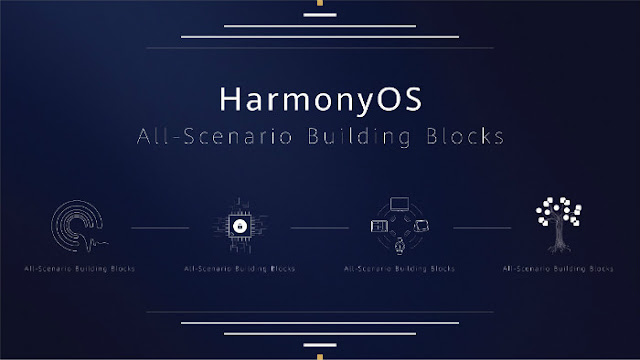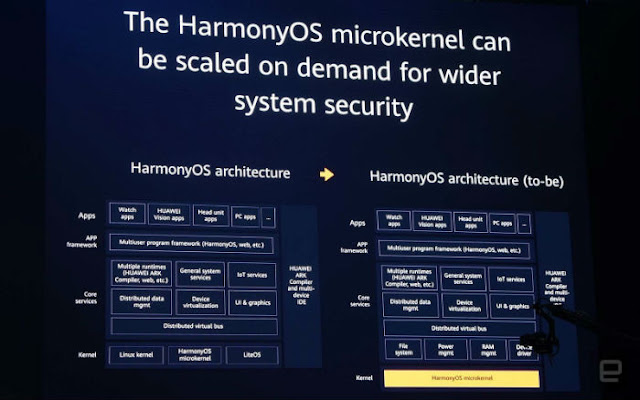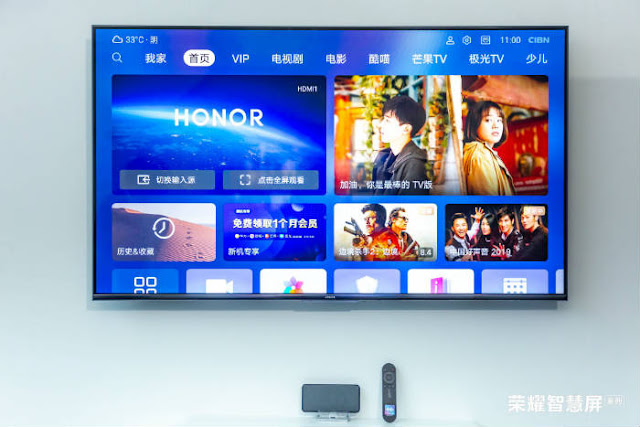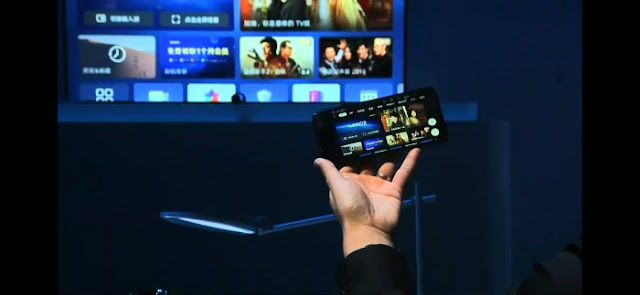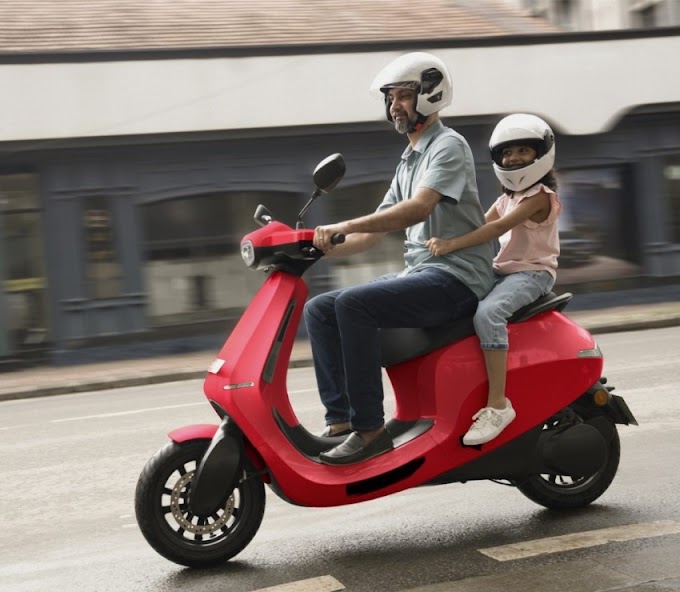Huawei Introduced its own OS called 'Harmony OS' that will be a competition to Google's android OS. The CEO of Huawei says it is fast and secure than android. The software can run on multiple platforms - smartphones, wearables, smart speakers, tablets, laptops, TVs, cars etc. It is micro kernel based OS. It is an open source platform and an actual competition to the Google’s fuchsia.
Key features:
Open Source
Linux Based
Microkernel distributed OS
Compiler will support Kotlin, Java, Javascript, C, & C++
HTML5, Linux, and Android apps compatible
Multi-Device Adaptability
Take a look at the official tweet by Huawei:
A modularized #HarmonyOS can be nested to adapt flexibly to any device to create a seamless cross-device experience. Developed via the distributed capability kit, it builds the foundation of a shared developer ecosystem #HDC2019 pic.twitter.com/2TD9cgtdG8— Huawei Mobile (@HuaweiMobile) August 9, 2019
Why android is not secured as compared to Huawei’s Harmony OS?
Android has unnecessary codes and obsolete scheduling mechanism. That makes it unsecured.
#HarmonyOS is built with a deterministic latency engine that gives a smooth interactive experience. That means latency is at a minimum; bringing fluid interactive experience to the maximum #HDC2019 pic.twitter.com/p9bnwNHJq6— Huawei Mobile (@HuaweiMobile) August 9, 2019
Why Harmony OS is safer?
Though both Android OS and HarmonyOS are micro kernel based but the difference is that HarmonyOS gives no root access and the micro kernel is protected from external kernal services by applying verification to spot and detect the vulnerabilities, this system is missing in the other Operating Systems.
"We believe HarmonyOS will revitalize the industry and enrich the ecosystem," said Richard Yu CEO of Huawei. "Our goal is to bring people a truly engaging and diverse experience. We want to invite developers from around the world to join us as we build out this new ecosystem. Together, we will deliver an intelligent experience for consumers in all scenarios."
What else?
Huawei says HarmonyOS being a lightweight system will offer some performance boosts. For one, it'll feature a "Deterministic Latency Engine" that can better allocate system resources using real-time analysis and forecasting. Android, on the other hand, is stuck with the Linux kernel's less-intelligent fair scheduling mechanism. HarmonyOS also allows for very fast "Inter Process Communication" -- the link between its microkernel and external kernel services like file systems, networks, drivers, apps and more. Huawei claims that HarmonyOS' IPC performance is five times that of Google's Fuchsia, and three times that of QNX. (Courtesy = Engadget)
For the first time, #HarmonyOS will have a verified TEE (Trusted Execution Environment). Improving connected security across multiple smart devices in a connected all-scenario world #HDC2019 pic.twitter.com/o1TF54Hjkc— Huawei Mobile (@HuaweiMobile) August 9, 2019
Harmony OS
is in development since 2017. It is focused on almost every smart display
products like - car head units, speakers, VR glasses, wearables, TVs,
Laptops/PCs, Tablets etc.
Harmony OS first launched on Honor Vision Television the day after it was announced
The first device on which the
Harmony OS is launched is HONOR Vision Smart TV which is not only a home
entertainment system, but also an information sharing, control management &
multi-device interaction center. It has three self-developed intelligent
chipsets.
Other specs are:
55-inch 4K
HDR Display
94%
Screen-to-body ratio
Pop up
Camera AI Camera
6.9mm slim
metal frame
2GB+16GB
Standard – RMB 3,799 / Rs 38,000
2GB+32GB
PRO – RMB 4,799 / Rs 48,000

